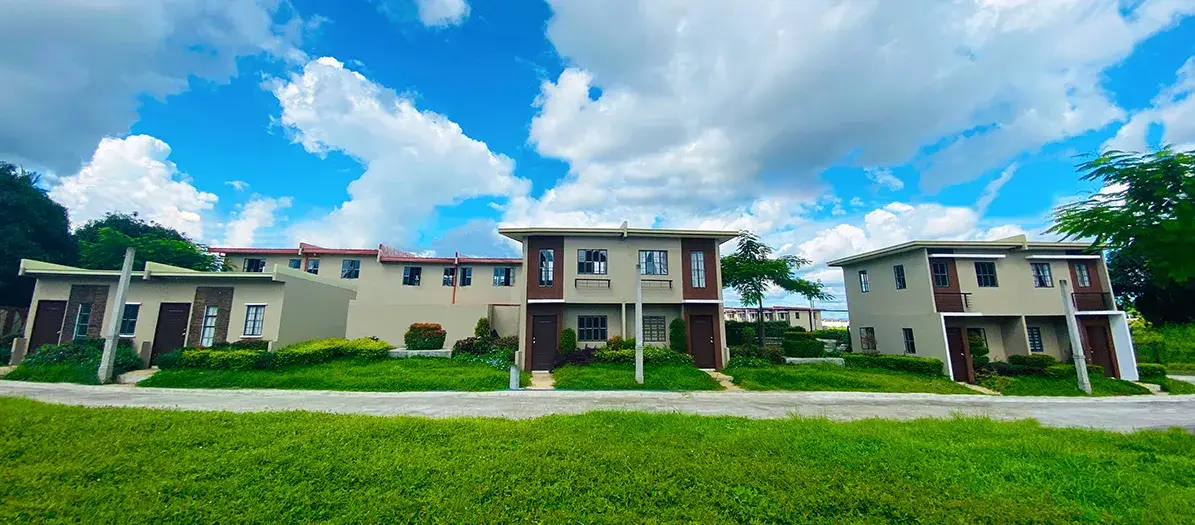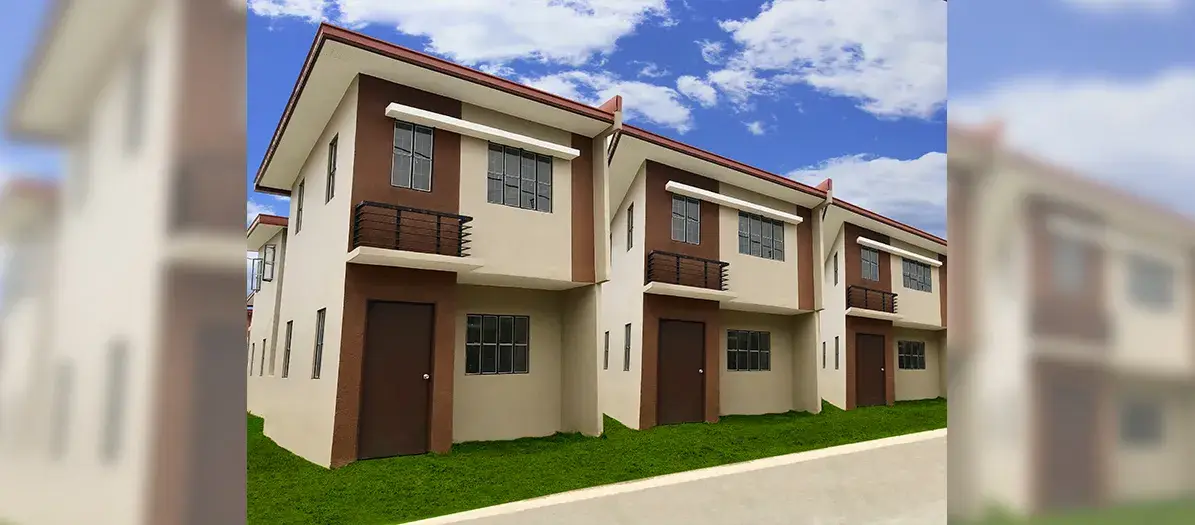Signs to Look for Before Investing in a Home
23 May 2023
Buying a house and lot Philippines can be super exciting. But let's be real; it's no walk in the park. Finding that perfect house to call your own takes a lot of knowledge, research, patience, and thorough inspection during turnover – even if it's an affordable house and lot property.
Probably, this is the biggest investment you've ever made, so the more you know about buying a brand-new home, the better decisions you'll make. That is why educating yourself about the process will pay off big time.
Get ready for this major milestone by getting yourself armed with knowledge and guidance. Know the five financial red flags you should watch for when investing in a home.
5 Financial Read Flags You Should Watch Out For
Having a new home can be a total game-changer for your financial future or drain your wallet like crazy. Before jumping headfirst into buying a property, it's crucial to watch for any red flags.
Sure, you might be up for some renovations, but sometimes the cost of fixing a place can outweigh its value. Much worse, this property's problems will be just too much to handle. So, be smart and watch out for these warning signs before diving into homeownership.
1. Structural issues
Structural problems in a home can be major deal-breakers. These issues can compromise the integrity and stability of the entire property. Repairing structural damage is often expensive and time-consuming. So, it's best to avoid homes with structural issues to ensure your investment remains sound and safe.
2. Electrical problems
Electrical issues also pose safety hazards and financial burdens. Faulty wiring or outdated electrical systems can lead to fire or electrical failures. What’s more, fixing electrical problems can be costly, involving rewiring or upgrading the electrical system. That is why you must thoroughly inspect the electrical components of a home before investing to avoid potential dangers and unexpected expenses.
3. Poor insulation
Inadequate insulation can result in energy inefficiency and increased utility costs. Homes with poor insulation struggle to maintain comfortable temperatures, leading to higher heating and cooling expenses. Therefore, you must consider the long-term impact on your finances and comfort when evaluating a property.
4. Leaks and water damage
Another financial red flag is the presence of leaks and water damage, as it indicates underlying issues, such as plumbing problems, roof leaks, or foundation issues. These problems can lead to mold growth, structural damage, and costly repairs. Water damage can be a recurring and expensive issue, impacting the property's value and financial stability.
5. Poor ventilation
Lastly, insufficient ventilation can also result in various issues, including moisture buildup, mold growth, and poor indoor air quality. Inadequate airflow can often lead to health problems and costly repairs in the long run. Without proper ventilation, you cannot maintain a healthy living environment in your home.
How to Avoid Red Flags in Real Estate Investing
Addressing these red flags will cost you a lot of money in the future. Before investing in a home, here are some tips to avoid them.
Conduct thorough research.
You must research extensively about the location, market trends, and potential risks before investing in any real estate project or property. Stay informed about the local economy, property values, rental demand, and future development plans. As such, it will help you make a favorable decision aligned with your real estate projects and goals.
Assess your financial situation.
Determine your financial goals, available resources, and ability to invest. Create a budget to manage your expenses, save for a down payment, and pay off any existing debts. Understanding your financial capabilities will help you avoid overextending yourself and ensure you're financially prepared for the investment.
Seek professional advice for real estate investment.
Consult with real estate professionals, financial advisors, and accountants for insights and guidance. They will help you evaluate the financial aspects, qualify for financing, analyze potential returns, and address any concerns or red flags you may have missed.
Evaluate your preferred investment property thoroughly.
Inspect the property carefully for any signs of financial red flags. It would be ideal to hire professionals, such as home inspectors, to assess the property's condition and identify potential problems before purchasing.
Be cautious in personal relationships.
When considering real estate investments with a romantic partner or potential partner, have open and honest financial conversations. Discuss your long-term goals, spending habits, and financial values. Assess whether your partner's financial behavior aligns with yours and if they show responsible financial habits. Address any red flags or concerns early on to avoid financial abuse or conflicts in the future.
Evaluate cash flow and expected returns.
Analyze the potential cash flow of the investment property, especially if you’re considering an affordable house and lot for sale. Take into account rental income, expenses (such as mortgage payments, taxes, and maintenance costs), personal finance, and expected returns. Avoid borrowing money as much as possible just to spend money on vague investments. You must also check the market rental rates and vacancy rates in the area to ensure that the property can generate positive cash flow.
Consider long-term goals and exit strategy.
Think about your long-term goals and the purpose of your investment. Are you looking for a property for rental income or potential appreciation in value? Have a clear understanding of your investment purpose and plan an exit strategy.
Assess how the property fits into your long-term financial plans and whether it aligns with your desired investment timeline. Considering your long-term goals and having an exit strategy in place will enable you to make decisions that align with your overall investment objectives.
Investing in a home, whether it's an affordable house and lot or any other real estate investment trust, requires careful consideration and thorough evaluation. Remember, buying a home property is not just about the present but also about securing your financial future.
In Lumina Homes, you can avoid potential pitfalls and make a sound investment decision. We offer quality homes and complete amenities ready to use once you move in. To know which house model you fit in, get in touch with our Lumina sellers in your area.
Loan Calculator
Try Lumina Homes' loan calculator and get an estimate computation for your preferred Lumina property and home model.














